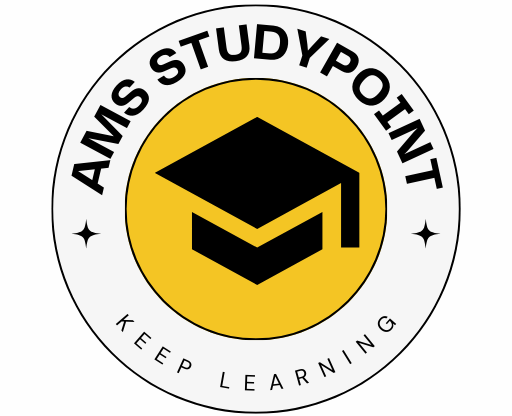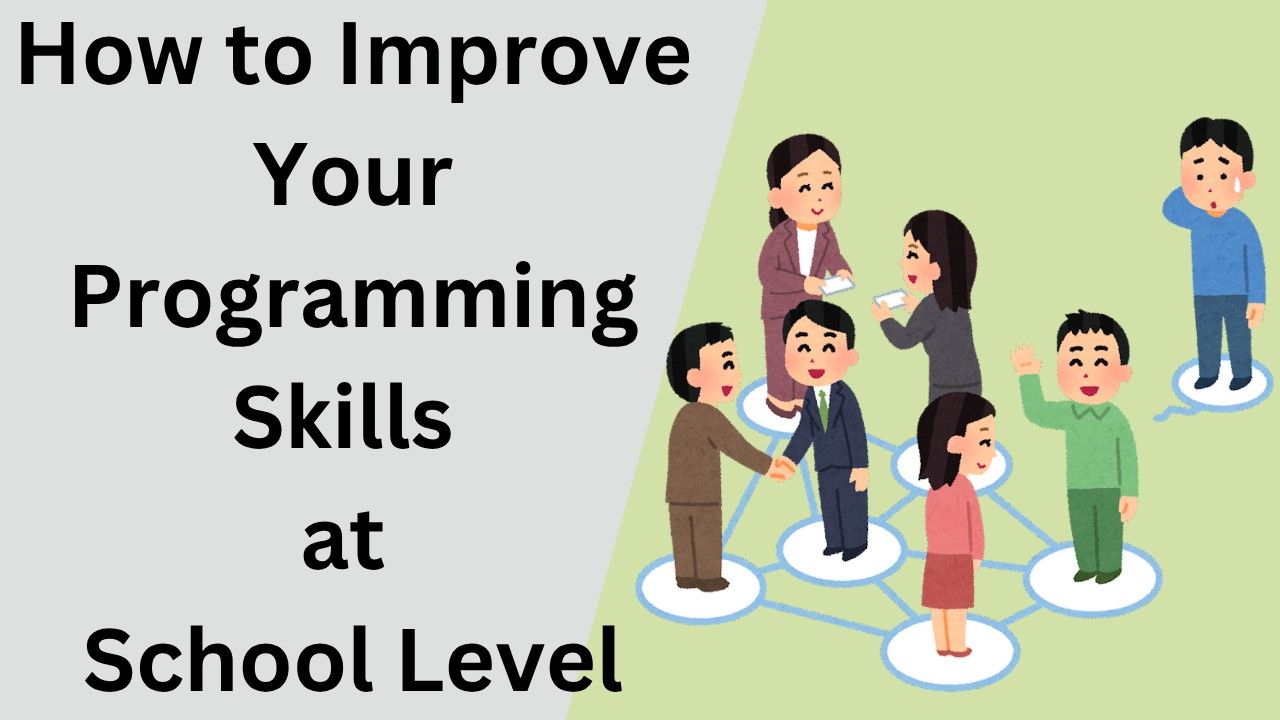In today’s digital world, programming is one of the most valuable and in-demand skills. Learning it at the school level gives you a huge advantage, not only for your future career but also in developing your problem-solving and logical thinking abilities. Whether you’re a beginner or already coding, there’s always room for improvement. Let’s explore some practical ways you can sharpen your programming skills while still in school.
✅ 1. Start with the Right Language
For beginners, choosing a language that’s easy to learn is key. Python is a great starting point because its syntax is simple and it reads like English. Java and C++ are also popular in schools, especially for board exams. Stick to one language first, then branch out once you’re confident.
✅ 2. Practice Daily
Like mathematics, programming improves with regular practice. Start with basic programs like:
- Printing patterns
- Simple calculator
- Factorial and palindrome checkers
- Loops and condition-based problems
Set a daily or weekly goal—maybe 2 programs a day. Over time, you’ll be amazed by how much you’ve learned.
✅ 3. Understand, Don’t Memorize
Many students make the mistake of memorizing code. Instead, understand why the code works. Ask yourself questions like:
- Why did we use a loop here?
- What happens if I remove this condition?
- Can this program be written in a shorter way?
Understanding builds long-term skills and confidence.
✅ 4. Use Online Platforms
There are free websites and apps to practice coding problems. Some beginner-friendly platforms are:
- W3Schools
- HackerRank
- GeeksforGeeks (School section)
- Code.org
- Scratch (for visual learners)
These platforms provide tutorials, challenges, and quizzes tailored to school-level coders.
✅ 5. Work on Mini Projects
Apply what you learn by building small projects. Some ideas:
- A quiz game using Python
- A student result calculator
- A number guessing game
- A to-do list in Java
Projects make learning fun and show you how coding is used in real life.
✅ 6. Take Part in School Competitions
Many schools organize coding contests or tech fests. Participate even if you’re nervous—it’s a great way to test your skills, learn from peers, and boost confidence.
✅ 7. Watch Programming Videos
YouTube has countless channels where you can learn concepts with real-life examples. Some popular ones:
- Apna College
- CodeWithHarry
- Simplilearn (for basics)
- Tech with Tim (Python)
Visual learning often helps clarify tough concepts faster than textbooks.
✅ 8. Learn from Your Mistakes
Don’t get frustrated if your program doesn’t work. Debugging is an essential part of programming. Read the error message, search online, and try different solutions. Every bug teaches you something new.
✅ 9. Stay Curious
Ask questions beyond the syllabus:
- How does a game work?
- How are websites built?
- What’s the difference between AI and regular code?
The more curious you are, the deeper you’ll explore—and that’s where real learning happens.
✅ 10. Find a Mentor or Friend
Studying with a classmate or talking to your computer teacher can give you new insights. If you get stuck, having someone to guide or discuss with makes learning faster and more enjoyable.
🎯 Final Thoughts
Programming is not just about writing code; it’s about building logic, solving problems, and creating something useful. If you stay consistent, enjoy the learning process, and challenge yourself step by step, you’ll soon become confident in your skills—even before finishing school.
Start today. Write that “Hello World” program—and then keep going!

